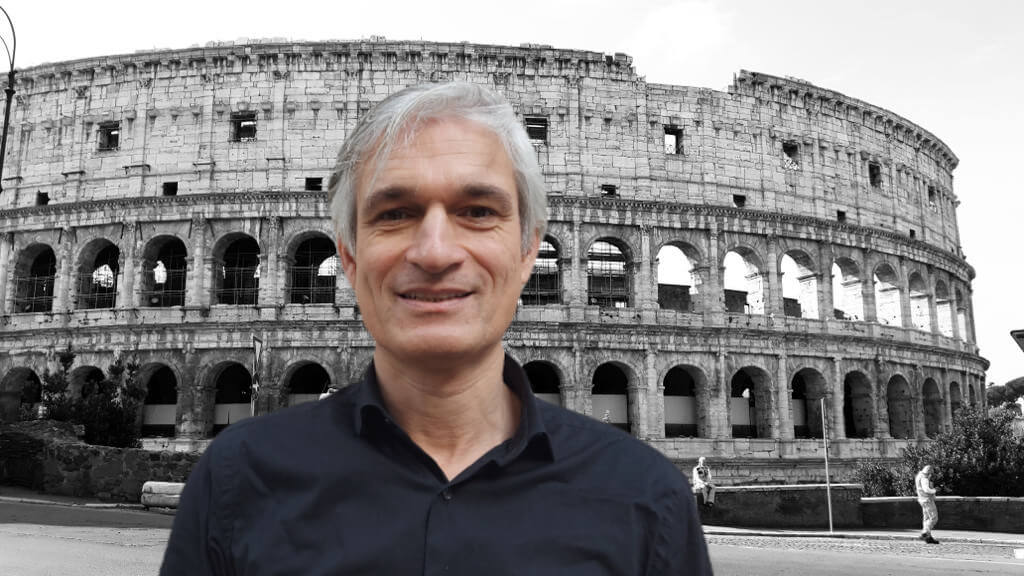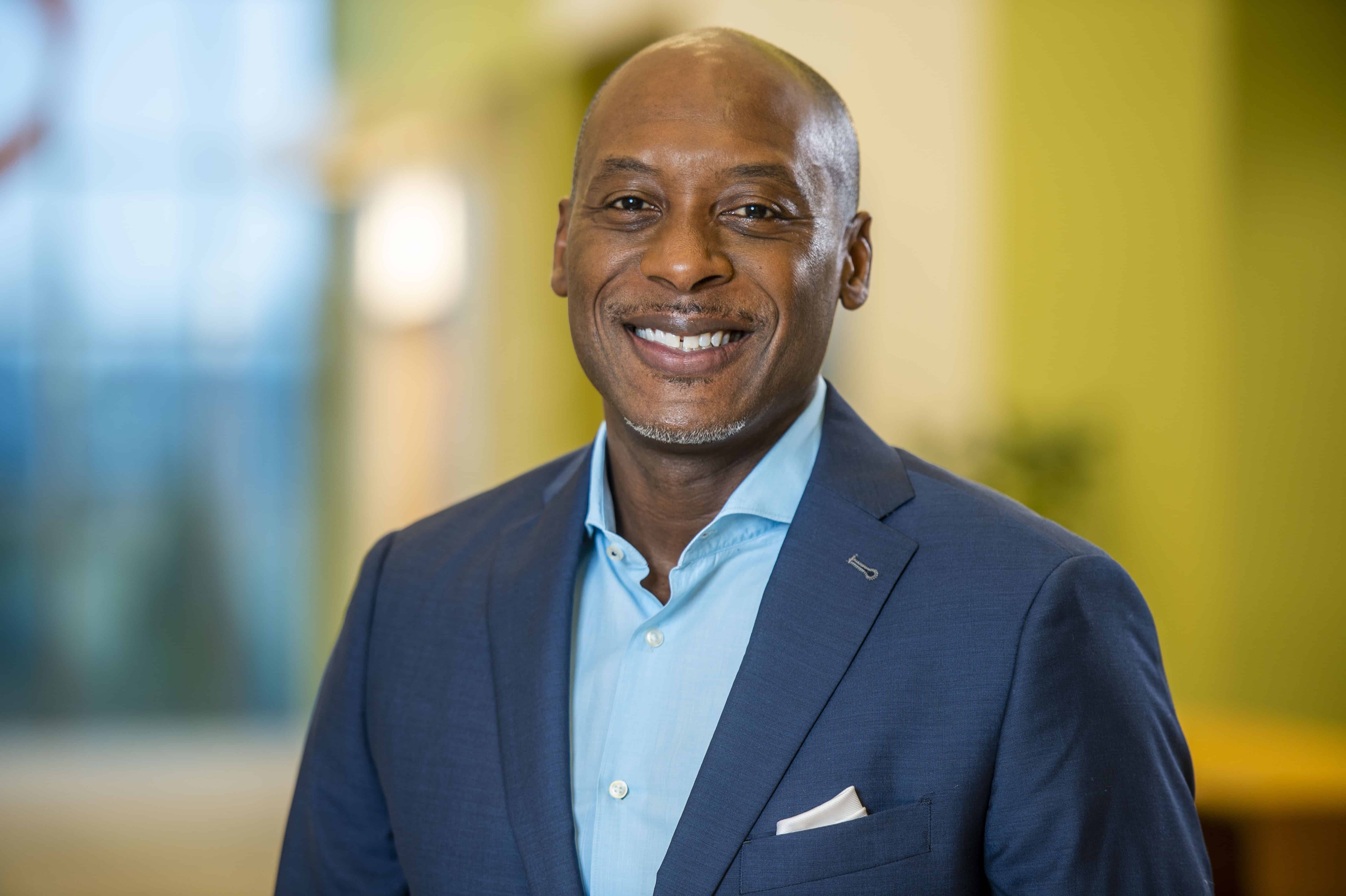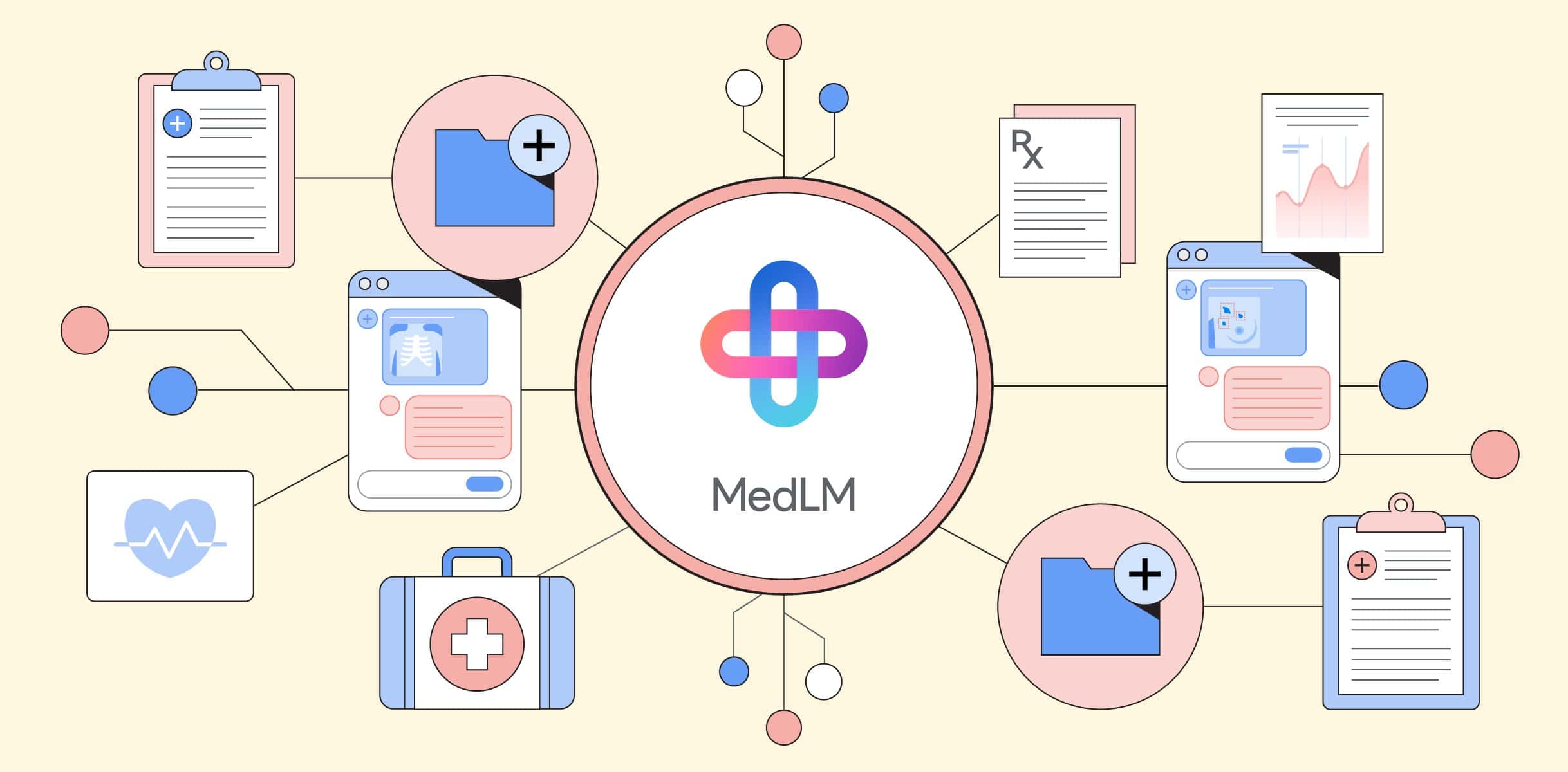
This woman – or man, of course – understands you: Iio. It’s pronounced ‘ee-oh’. The Italian counterpart to Alexa, Google Assistant and Siri was presented this week in Milan. S/he is to become the talking domestic assistent from Bolzano to Palermo.
That an Italian Alexa is now being marketed may not be particularly shocking in itself. But its apparent capabilities are. After all, the capacity of the Alexa’s of this world is somewhat limited. It often does not understand commands or the intent of a task.
The novelty of Iio is that s/he (the gender of Iio is unknown) understands the emotions of the user. That’s according to Andrea Cinelli, one of the founding fathers of this program. Cinelli was named “one of the emerging global leaders in Artificial Intelligence” earlier this year by the American magazine Technology Innovators.
The longer Iio is in the hands of the user, the more it understands them. This is, obviously, down to artificial intelligence. For example, Iio ‘understands’ when the user gets up in the morning that they have slept poorly and suggests first going for a jog in the park for three kilometers.

While running, the user asks Iio (on their watch) to customize a gift list for Christmas. When cooling down, Iio comes up with a few gift suggestions based on past experiences. The Iio is, in a way, the alter ego of the user. This is also reflected in the name of this Italian Alexa. Iio (actually: ‘io’) translated means the personal pronoun ‘I’. It is still too early to say whether Iio is really that awesome, as the tool was introduced three days ago and we at Innovation Origins have not yet had the chance to test it out.
Inventor
Either way, Iio seems to be in good hands. The now 57-year-old Cinelli has earned his stripes in engineering and management and has been working in information technology for forty years. He is typically one of those nerds who used to tinker with the Commodore 64 as a child. After studying in Pisa, Cinelli worked in Silicon Valley for four years, which included time at Apple. He started a company in biometric identity verification in 2012 that he sold successfully last year.
The apple doesn’t fall far from the tree. His great-grandfather is the founder of Cinelli, one of the world’s most high-tech bicycle companies. That forebear was, among other things, the inventor of the lightweight plastic bike saddle, known as the Unicanitor. Cinelli junior, i.e., our interview partner, has 15 patents to his name, including the patent on ‘data pulverization’. This brings us back to Iio.
Data pulverization
This voice assistant will learn a lot, if not everything, from its alter ego over time. This is convenient for the user, but therein lies a danger as well. You’d rather not have some information, such as your personal medical records, fall into the wrong hands. Data pulverization (“polverizzazione del dato“) involves breaking up information data into small fragments. “Data is pulverized and only the user can retrieve and reconstitute it while preserving full data sovereignty,” Cinelli explains. That sounds like blockchain, where information in the form of a transaction, for example, is also broken down into blocks of information that are digitally owned only by the parties involved and stored decentrally. But it’s not like that by any means. “Data pulverization is an algorithm that takes a series of files, breaks them into a multitude of fragments and reassembles them each time after they are retrieved.”
The same technique, which Cinelli and its partners hold an international patent for, is used in VoiceMe, a Voice-as-a-Service platform that Cinelli presented earlier this year. VoiceMe uses a voice as a secure method to make payments and sign digital documents, among other things. It is also possible, for example, to use your voice to open the door of your home or that of a booked hotel room. “VoiceMe represents a real revolution in the field of voice authentication, as payments can be made via a voice message on a mobile phone,” Cinelli says
AI revolution
How Cinelli came up with the technnology of data pulverization is something he can’t quite explain. “You try things out and suddenly you get that eureka moment. It’s like Galileo Galilei, who triggered a breakthrough in the theory of gravity with his fall experiment in Pisa.”
Cinelli believes that artificial intelligence and all the programs that are based on it, such as VoiceMe, represent a breakthrough in the history of humanity. “People still do not understand enough that we are in the midst of a revolution, and that Ai is the engine. For the first time in history, there is a technology that is capable of understanding, and can consequently do the same as we humans do.” AI is like nuclear power. “You can deploy it for good and for ill. The main challenge in using Ai is not to let it fall into the hands of a few companies in Silicon Valley. Then we will end up with excesses, with the Cambridge Analytica scandal (manipulation of data of Facebook users, ed.) being child’s play in comparison.” This is why Cinelli is such an advocate of blockchain developments, as a ‘democratic’ form of information transfer. This is also the way in which his discovery of data pulverization can be understood.
Also read about the sales assistant Edward that was presented two years ago







